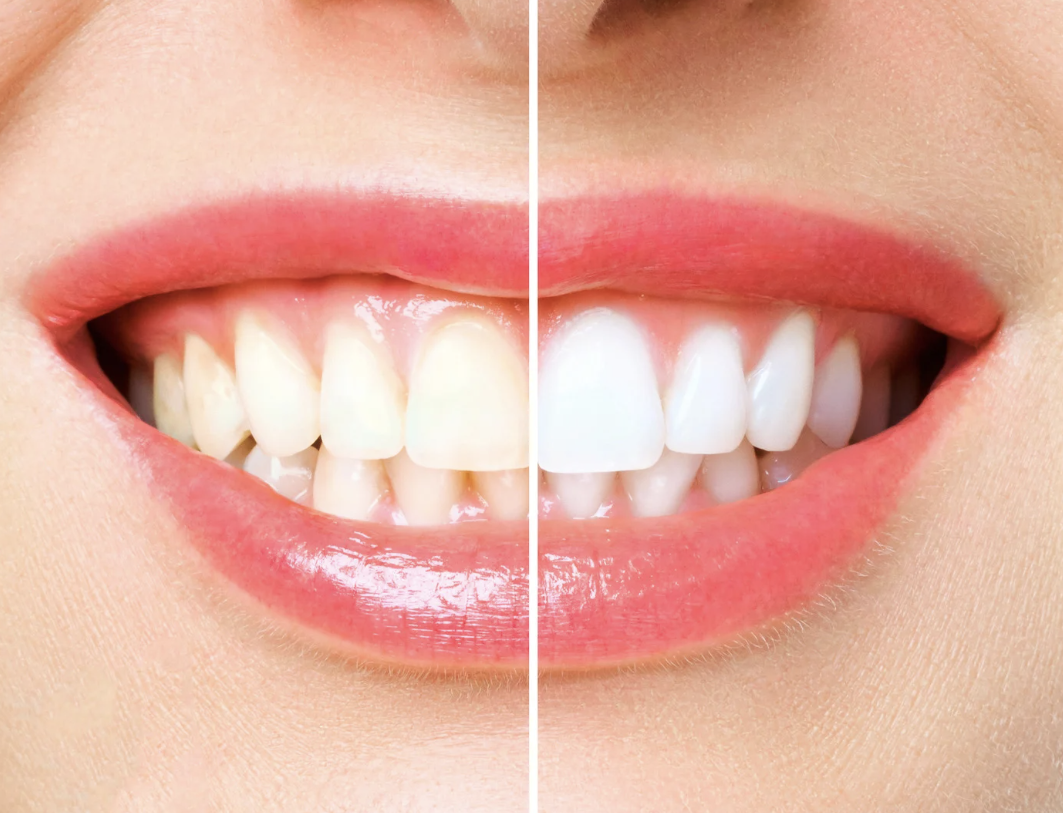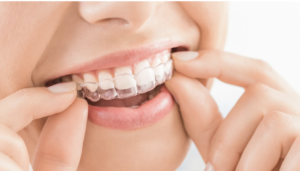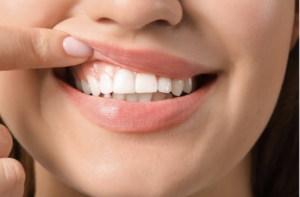What is the Best Way to Get Whiter Teeth?
The best way to get whiter teeth is to consult your dentist about professional whitening treatments. These treatments are effective, safe, and give you quicker results compared to over-the-counter options. While there are many ways to make your teeth whiter, from whitening toothpaste to DIY home remedies, professional treatments stand out as the best way to get a noticeably brighter smile.
Who doesn’t want a radiant, white smile? Whiter teeth can boost your confidence and make you feel more comfortable showing off your smile. But with all the options available, from toothpaste to whitening strips, it can be overwhelming to figure out what really works. Let’s break down the best ways to get whiter teeth and what you need to know about each option.
Professional Teeth Whitening: The Gold Standard
When it comes to whitening your teeth, professional treatments are considered the gold standard. These treatments are performed by your dentist, either in the office or with a take-home kit prescribed by the dentist. Here’s why they are the best option:
- Fast Results: In-office whitening can make your teeth several shades whiter in just one appointment, usually within an hour. This is perfect if you have an event coming up or just want to see immediate results.
- Safe and Supervised: When a dentist whitens your teeth, they use a higher concentration of whitening agents compared to store-bought products. Plus, your dentist will ensure that your gums and other soft tissues are protected during the process, minimizing any risks.
- Custom Care: Your dentist knows your teeth best. If you have tooth sensitivity, gum issues, or any dental work like crowns or veneers, they can customize the whitening treatment to suit your needs.
Take-Home Whitening Kits from Your Dentist
If you prefer to whiten your teeth at home, ask your dentist if they offer take-home whitening kits. These kits contain stronger whitening agents compared to over-the-counter products, but are designed for you to use in the comfort of your own home. The kits include custom trays that fit your teeth perfectly, ensuring even whitening.
Take-home kits from your dentist may take a little longer to achieve results compared to in-office whitening, but they are still very effective. Usually, you’ll see a noticeable difference in just a couple of weeks.
Over-the-Counter Whitening Products
Over-the-counter (OTC) whitening products are widely available and come in many forms, such as whitening strips, gels, toothpaste, and mouth rinses. These products can help brighten your teeth, but they often take longer to show results and may not be as effective as professional treatments. Let’s take a look at some of the most popular OTC options:
- Whitening Strips and Gels: Whitening strips and gels are among the most popular OTC whitening products. They contain peroxide, which helps to lighten stains. While they do work, the concentration of peroxide is much lower than what your dentist would use, so results can take weeks to appear, and they may not be as dramatic.
- Whitening Toothpaste: Whitening toothpaste is a great way to maintain your smile after a whitening treatment, but on its own, it won’t give you dramatic results. Whitening toothpaste works by using mild abrasives to remove surface stains. It can help prevent your teeth from getting darker, but it won’t change the natural color of your teeth.
- Whitening Rinses: Whitening mouth rinses are also an option, but they are generally the least effective at whitening teeth. They work by using a small amount of peroxide to lighten stains, but since the rinse is only in contact with your teeth for a short period, the results are usually minimal.
Natural Ways to Whiten Your Teeth
There are several natural ways to help whiten your teeth at home. However, it’s important to know that these methods are not be as effective as professional treatments, and overuse can sometimes damage your teeth. Here are some of the more popular natural remedies:
- Baking Soda: Brushing with baking soda is a popular at-home whitening remedy. Baking soda is slightly abrasive, which helps to scrub away surface stains. It’s also alkaline, which can help prevent bacteria growth. While baking soda can help brighten your teeth over time, it won’t give you dramatic results like professional whitening.
- Hydrogen Peroxide: Hydrogen peroxide is used in many whitening products, and some people use a diluted form of it as a mouth rinse. Be careful with this method, as using a high concentration of hydrogen peroxide can irritate your gums and even damage your teeth.
- Oil Pulling: Oil pulling involves swishing oil (usually coconut oil) around in your mouth to remove bacteria and reduce plaque. While it’s not proven to whiten teeth significantly, some people find it helps keep their teeth looking brighter.
Maintaining Your Whiter Smile
No matter which method you use to whiten your teeth, maintaining your new bright smile is key. Here are some tips to help keep your teeth white after a treatment:
- Avoid Stain-Causing Foods and Drinks: Coffee, tea, red wine, and certain foods can stain your teeth. Try to limit these or rinse your mouth with water after consuming them.
- Practice Good Oral Hygiene: Brushing and flossing daily is crucial to maintaining a bright smile. Using a whitening toothpaste can also help prevent new stains from forming.
- Quit Smoking: Smoking is one of the biggest causes of yellow teeth. If you smoke, quitting will not only help your teeth stay white, but also improve your overall health.
- Regular Dental Check-Ups: Regular cleanings at your dentist’s office will help keep your teeth looking great and prevent plaque buildup, which can make your teeth look dull.
Are There Risks Involved in Teeth Whitening?
While teeth whitening is generally safe, there are a few potential risks to be aware of:
- Tooth Sensitivity: Some people experience increased tooth sensitivity after whitening treatments. This usually goes away after a few days, but if it’s a concern, talk to your dentist. They may recommend a specific toothpaste to help reduce sensitivity.
- Gum Irritation: Whitening products can sometimes irritate the gums, especially if they come into direct contact. Professional treatments are less likely to cause this, as your dentist will take steps to protect your gums.
- Overuse Issues: Overusing whitening products can damage your tooth enamel. That’s why it’s important to follow the directions on OTC products or have your dentist supervise your whitening.
Schedule An Appointment Today
The best way to get whiter teeth is to consult your dentist for professional whitening treatments. They provide fast, safe, and effective results that will give you a noticeably brighter smile. While over-the-counter products and natural methods can help, they don’t offer the same dramatic results as professional treatments. Remember, maintaining good oral hygiene and regular dental visits are key to keeping your smile bright and beautiful. If you’re interested in whitening your teeth, talk to your dentist about the best option for you.
A bright smile can make all the difference in how you feel about yourself, so don’t be afraid to take that step toward a whiter, more confident smile!





